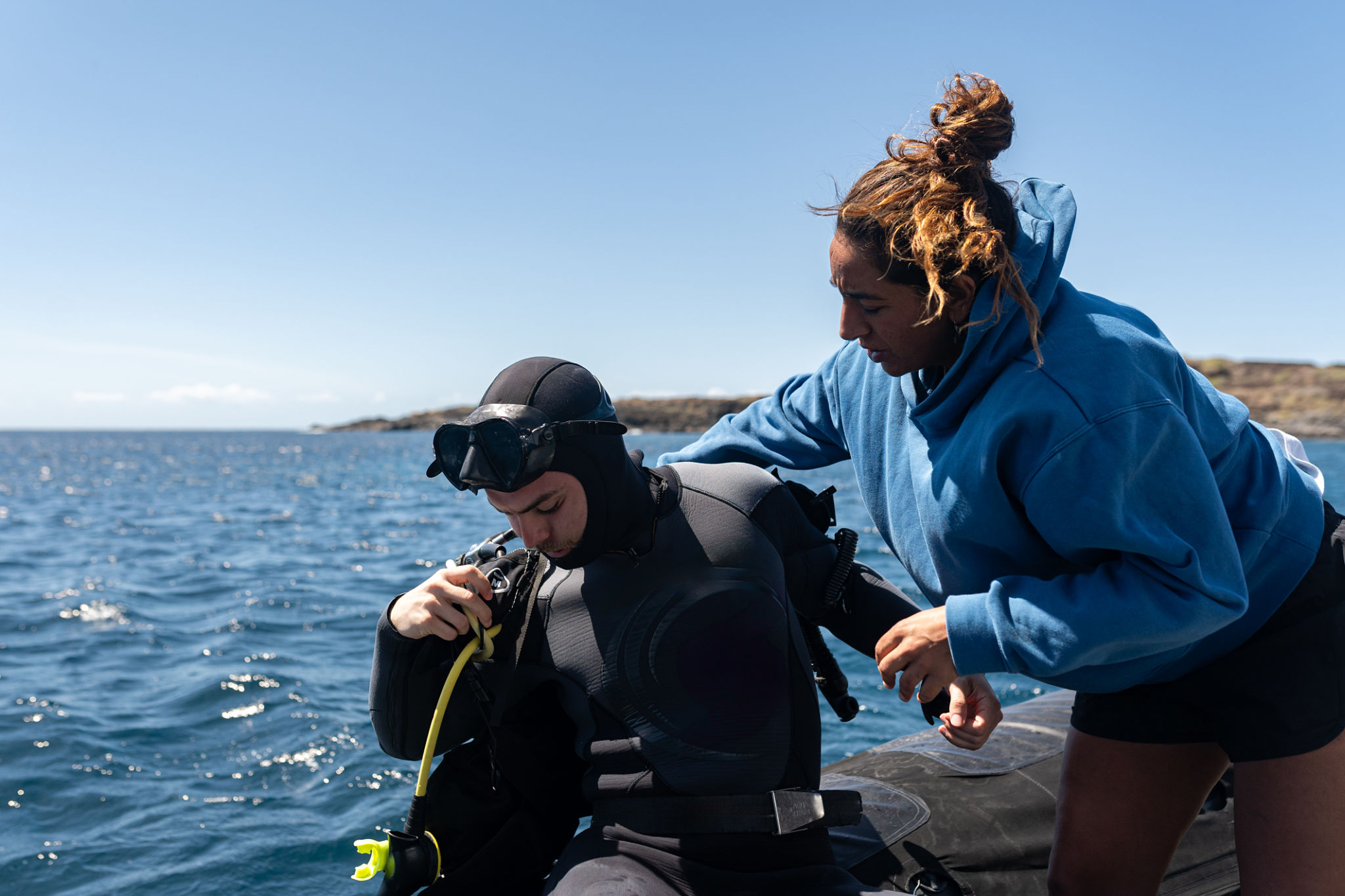How to Get the Most Out of Your Diving Certification Course
Understanding Your Diving Certification Course
Embarking on a diving certification course is an exciting journey into the underwater world. To make the most of your experience, it's essential to understand the course structure and what to expect. Typically, a diving certification course includes classroom sessions, confined water dives, and open water dives. Knowing what each entails will help you prepare mentally and physically.
Before you begin, familiarize yourself with the course materials. Most courses provide textbooks or online resources. Take the time to read these materials thoroughly, as they cover crucial safety information and diving techniques.

Gather the Right Equipment
Having the right equipment is vital for a successful diving experience. While most courses provide essential gear like tanks and regulators, consider investing in personal items such as a mask, snorkel, and fins that fit you comfortably. Owning these items can enhance your learning and comfort during dives.
Before your course starts, ensure all equipment is in good condition. Check for any signs of wear and tear and practice assembling the gear to become familiar with it. This will help you feel confident and prepared when it's time to dive.
Practice and Build Your Skills
Practice makes perfect, and this is especially true in diving. Take advantage of pool sessions to hone your skills. Focus on mastering buoyancy control, which is crucial for safe and enjoyable diving. Don't hesitate to ask your instructor for tips or additional practice if needed.

Engage with your peers during the course. Learning from others can provide different perspectives and techniques that might work better for you. Sharing experiences and tips will not only improve your skills but also make the course more enjoyable.
Stay Calm and Focused
Maintaining a calm and focused mindset is essential during your diving certification course. Diving can be challenging, especially for beginners, but staying relaxed will help you absorb information and react appropriately under water.
Remember to breathe slowly and deeply to keep your nerves in check. If you ever feel overwhelmed, communicate with your instructor immediately. They are there to support you and ensure your safety.

Make the Most of Open Water Dives
Open water dives are the highlight of any diving certification course. This is your opportunity to apply what you've learned in a real-world setting. Approach these dives with enthusiasm and curiosity to fully appreciate the experience.
Take this time to enjoy the underwater world and observe marine life. Each dive is a new adventure, offering unique sights and experiences. Keep a dive log to record your observations and progress, which will be valuable for future dives.
Plan for the Future
After completing your certification, consider what comes next. Whether you want to dive recreationally or pursue advanced certifications, having a plan will keep you motivated and excited about diving.
Research different diving destinations and consider joining a diving club or community. Diving with others can enhance your skills and provide opportunities to explore new locations.
